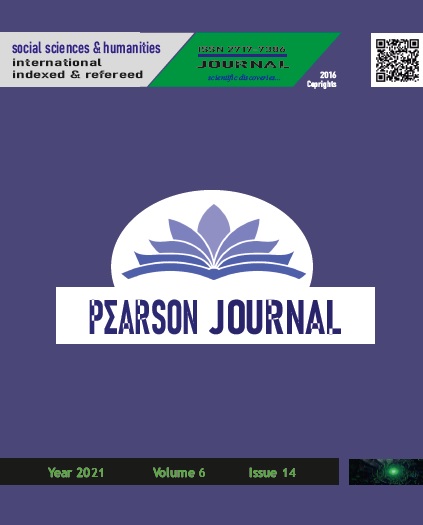SHEIKH HUDAYDAD AND BROTHERHOOD OF MUJADDIDIYYE
DOI:
https://doi.org/10.46872/pj.320Keywords:
Naqshbandiyya, Mujaddidiyye, Yeseviyye, Cehri Zikr, Hafi ZikrAbstract
İn the second half of the XVIII century, some ritual and religious issues shifted from a dogmatic platform to a political one and were revived during the persecution of some Yesevi sheikhs, including our author. Sheikh Hudaydad was forcibly transferred out of Bukhara. The political, economic and social activities of the Naqshbandi-Mujaddidiyye Brotherhood at that time were also criticized by Sheikh Hudaydad. According to Sheikh Hudaydad, the dogmatic conflicts he paid attention to were not limited to Sufism. The discussion also revolved around the fardh and Sufi rituals, which the author often disclosed as counter-arguments against his opponents. Bustan-ul-Muhibbin is the work of Sheikh Hudaydad, the representative of the Yesevi path. The work covers the ethical, ritual and theoretical foundations of Yesevi teaching. Bustan-ul-Muhibbin is a work that deals with Zikr Jahri, the main form of dhikr of Allah in the Yesevi culture, on a theological basis and glorifies it as the "essence of Islam". In this work, Sheikh Hudaydad tries to revive the moral, ritual and theoretical foundations of Yesevi teaching. This article discusses some of the debates about the legitimacy of Sufi rites.




